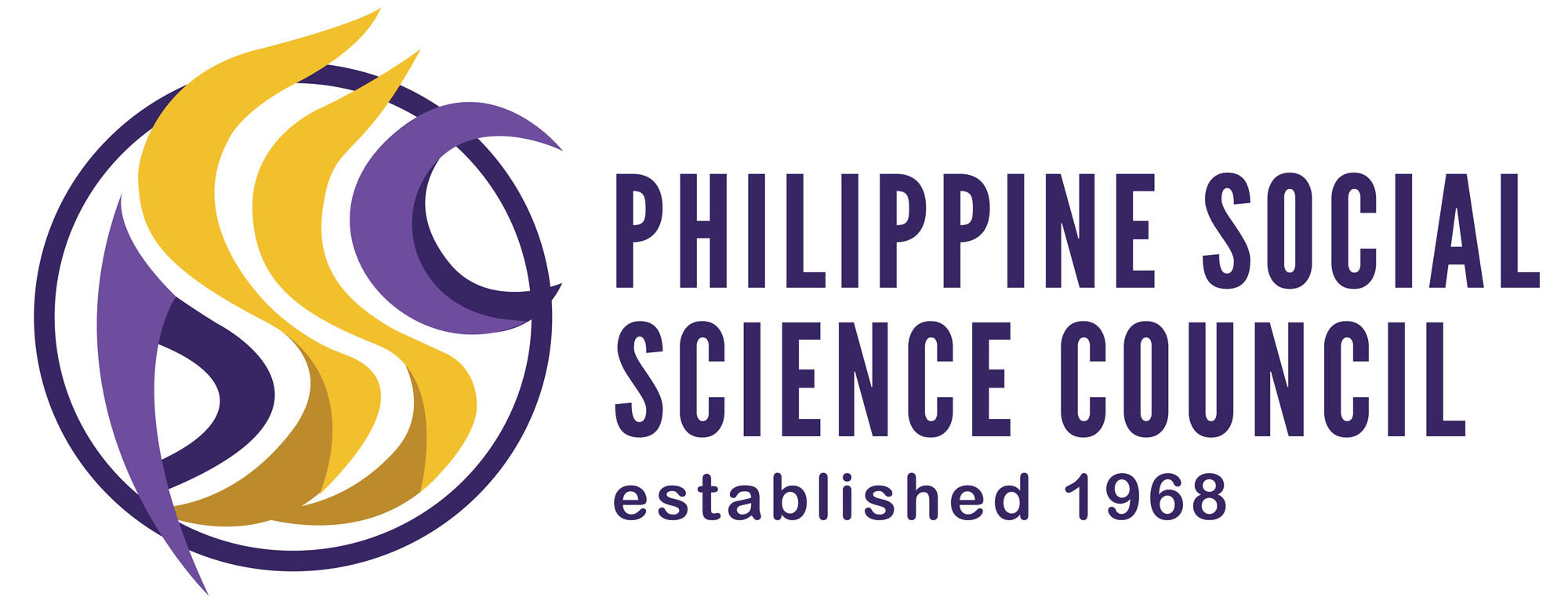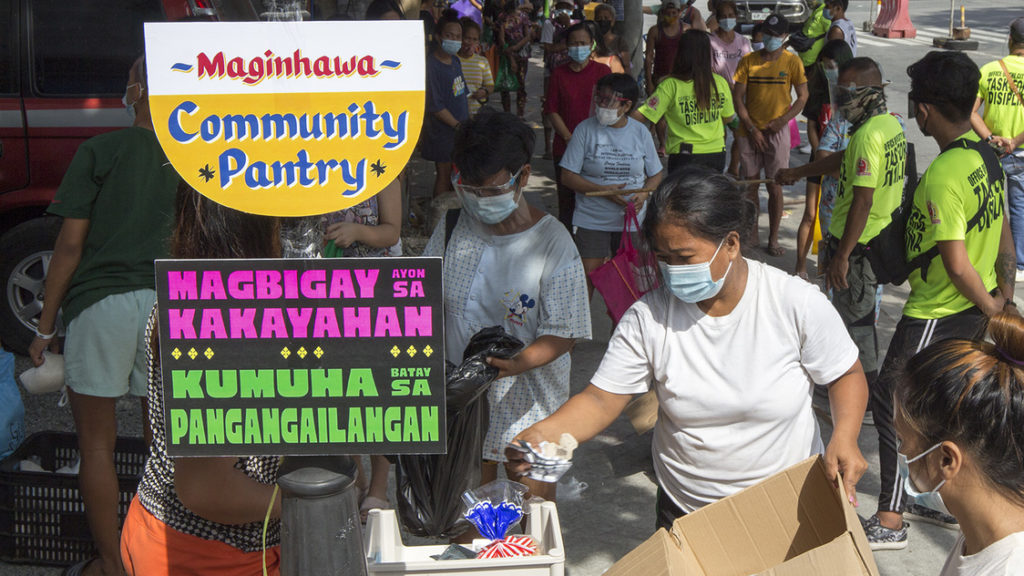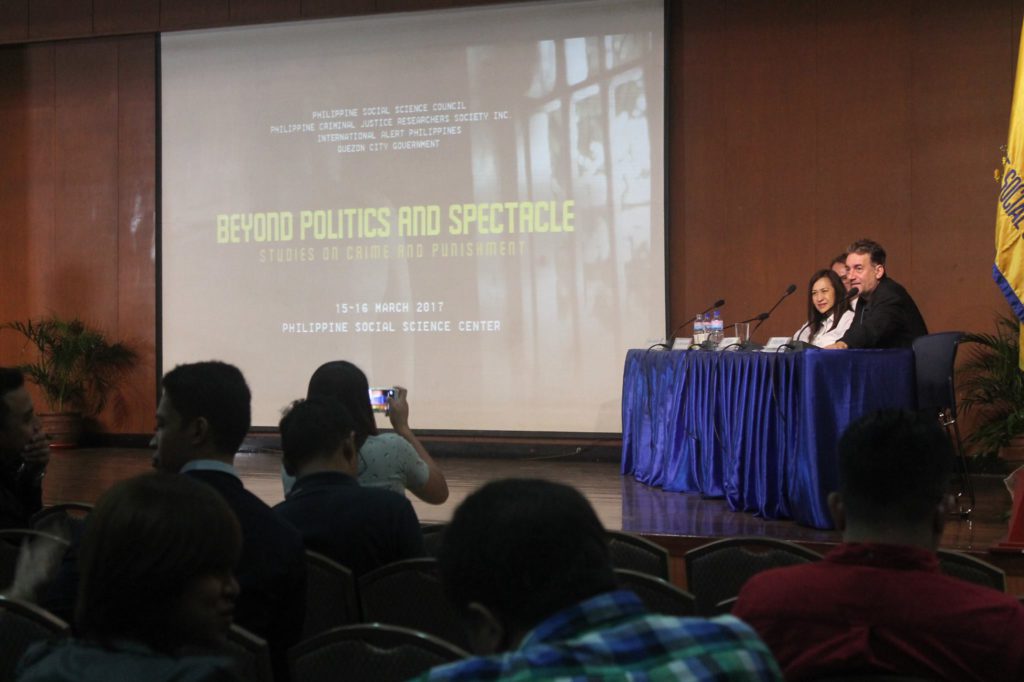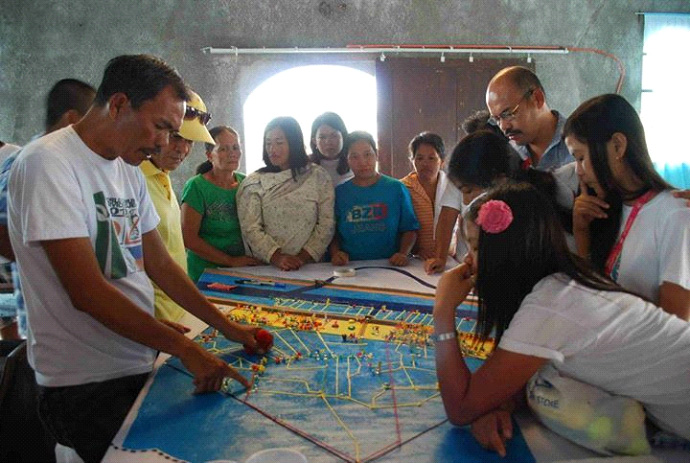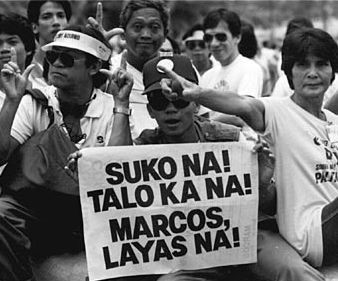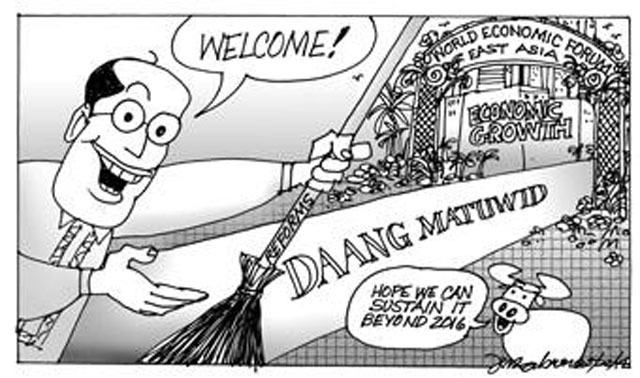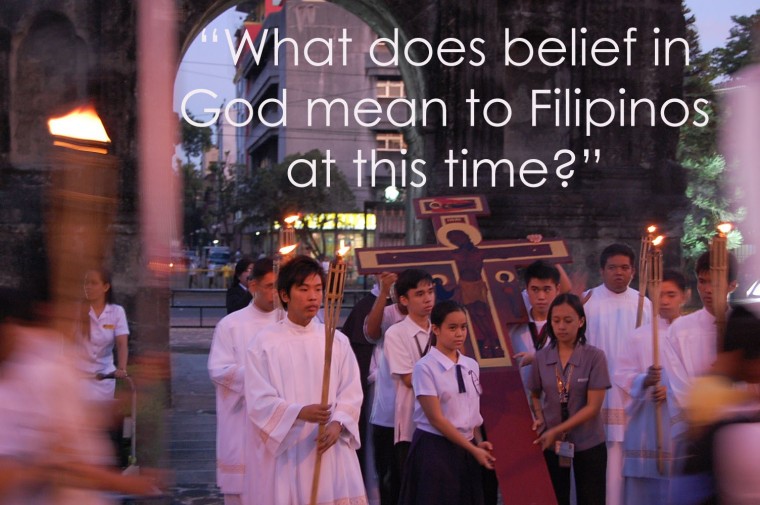Panic in the Pantry
Photo by Rappler A mechanism of mutual aid. The embodiment of bayanihan values. The spirit of volunteerism. These are just three among the various descriptions of appreciation given to the community pantry phenomenon. When Ana Patricia “Patreng” Non established the first community pantry in Maginhawa St., Quezon City, her intentions were simple – to provide […]
Panic in the Pantry Read More »
